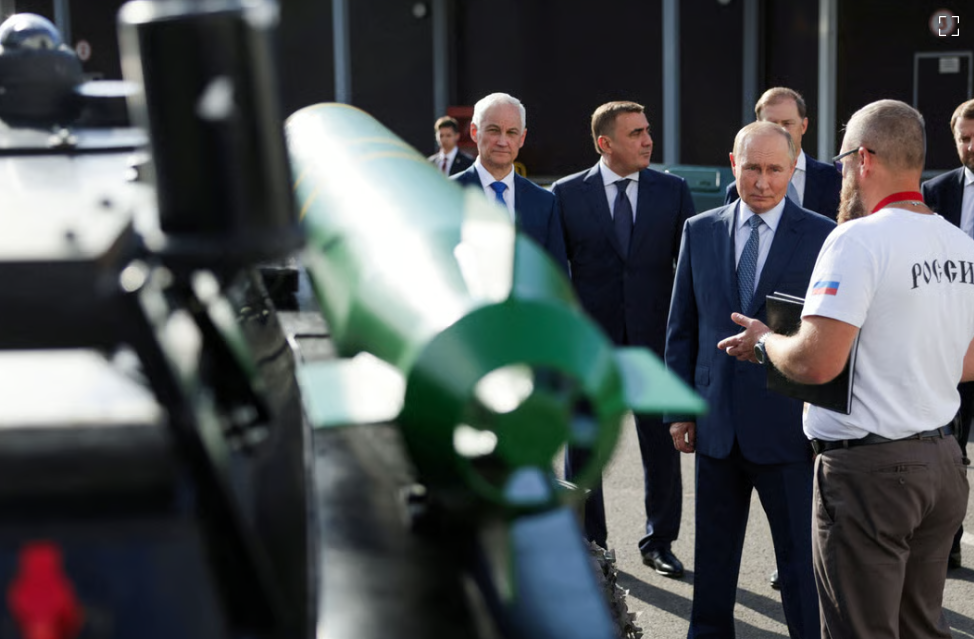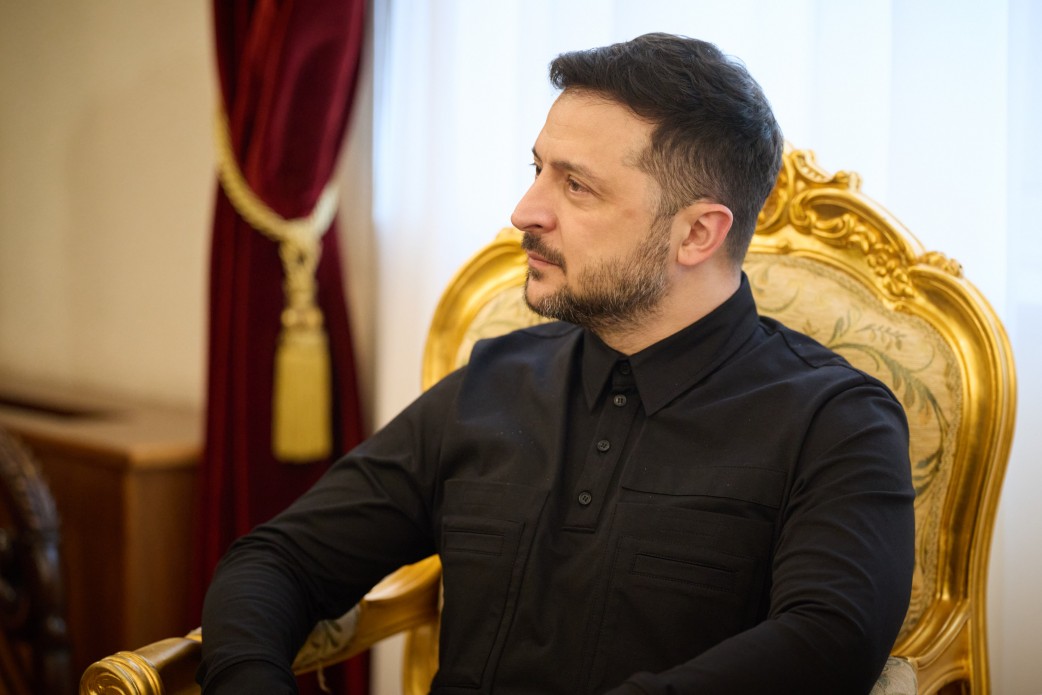The European Parliament has approved a gradual increase in import duties on mineral fertilizers imported into Europe from Russia and Belarus, starting in July. The goal is to completely eliminate the EU market’s dependence on these products over the next three years.
The resolution on changes to customs duties was adopted on Thursday during a plenary session in Brussels with 411 votes in favor, 100 against, and 78 abstentions, according to a correspondent of Ukrinform.
"In 2024, imports of nitrogen fertilizers from Russia reached 4.4 million tonnes, accounting for 30% of the EU’s total imports," the explanatory note to the document states.
It notes that such dependence on imports from Russia poses a risk to the EU’s food security.
"The increase in tariffs on mineral fertilizers should occur gradually over a three-year transition period. Thanks to higher import duties and prohibitive tariffs, the share of Russian fertilizer imports to the EU will be gradually replaced by other sources," the document notes.
The increase in tariffs is intended to stimulate the growth of fertilizer production within the EU, which declined from 18 million tonnes to 14 million tonnes in 2023. It is also planned to involve alternative fertilizer suppliers from countries such as Egypt, Algeria, Norway, Morocco, Oman, and the United States.
The tariff restrictions also apply to imports from Belarus to prevent possible circumvention of sanctions through that country.
In addition to mineral fertilizer imports, the regulation also targets the remaining 15% of agricultural imports from Russia that had not yet been subject to increased tariffs.
"With the adoption of this regulation, all agricultural imports from Russia will be subject to EU tariffs. The tariff levels will be prohibitive — that is, high enough to stop the import of these goods," the explanation reads.
During discussions in the Committee on Agriculture, some Members of the European Parliament expressed concern that the tariff increases could lead to higher costs for European farmers and reduce the competitiveness of the agricultural sector.





















